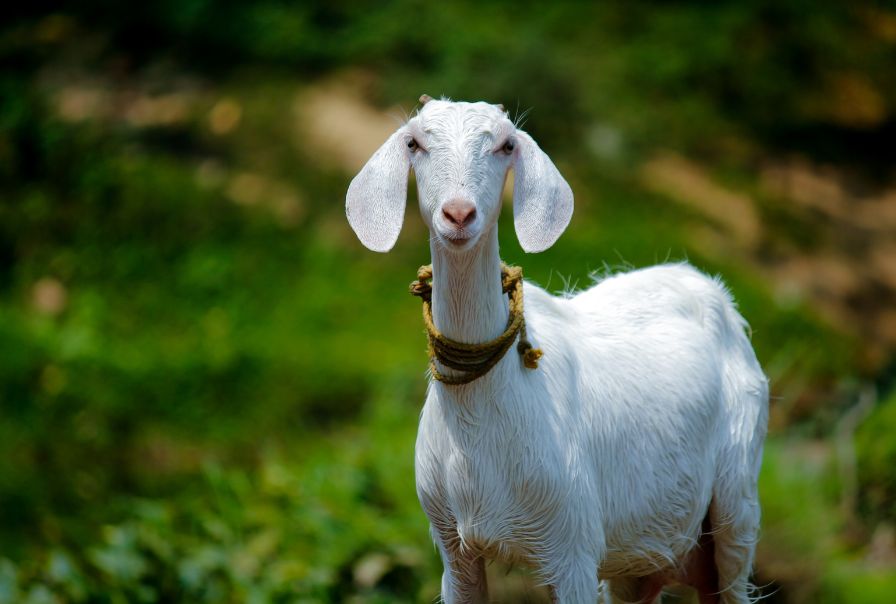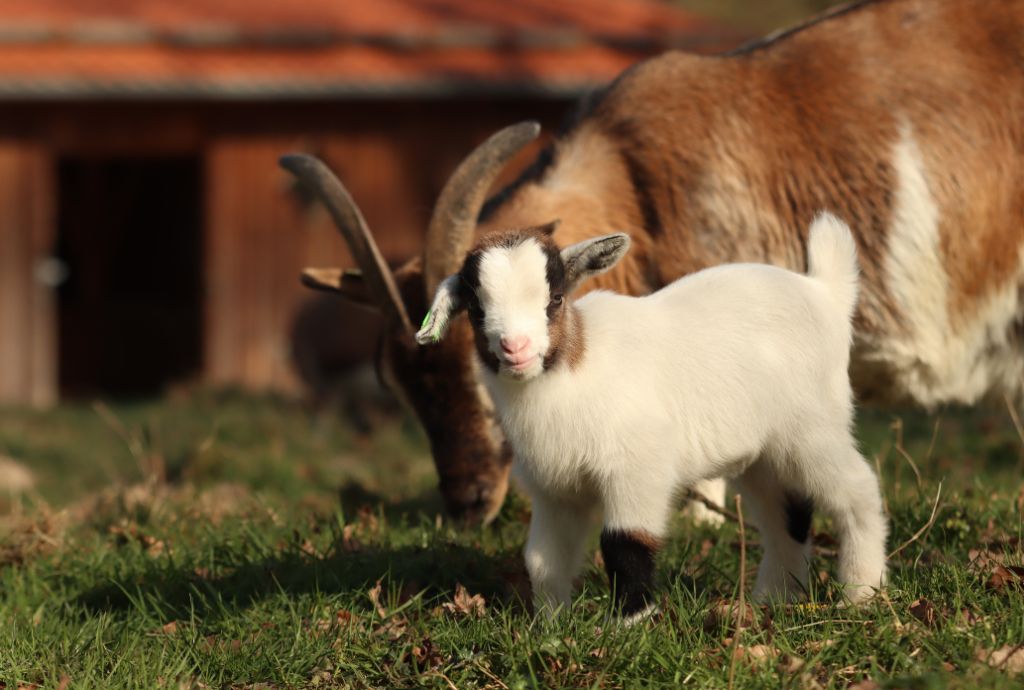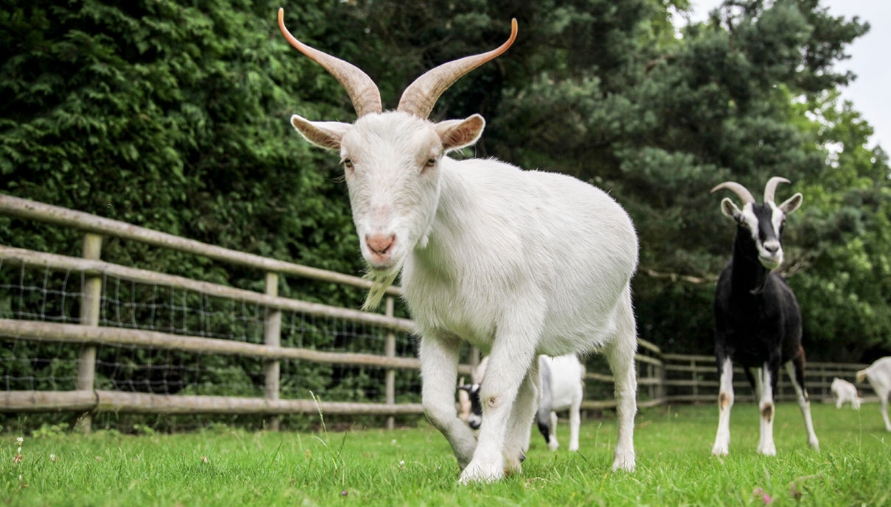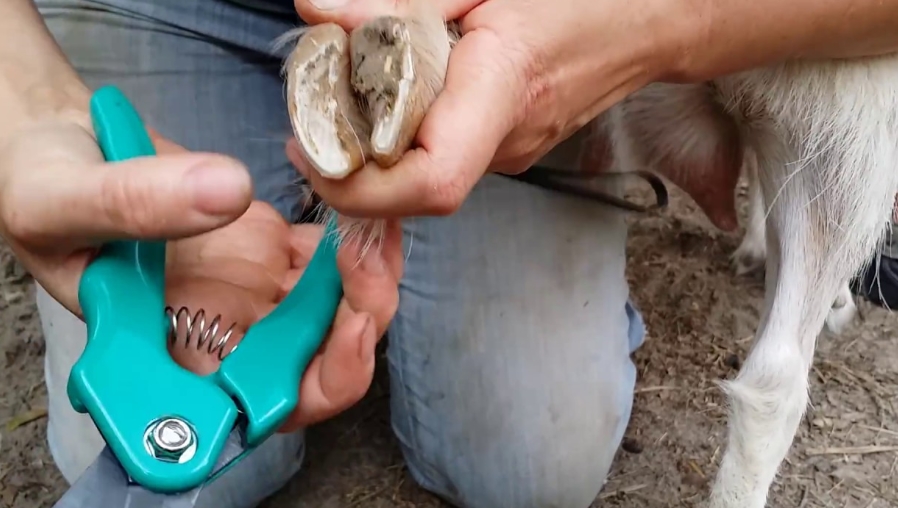
Understanding the signs of pregnancy in goats is crucial for any goat owner, as it allows for better preparation and care during this vital period. The pregnancy or gestation period in goats generally lasts about 150 days, but without clear physical signs in the early stages, it can be tricky to determine if a goat is pregnant. Recognizing the signs early on ensures that the goat receives the necessary care to support both her health and the development of the kids she is carrying.
The joy of expecting new kids comes with the responsibility of increased vigilance and care for the pregnant doe. This guide will walk you through the telltale signs of goat pregnancy, how to manage and care for your pregnant goat, and the steps to prepare for a healthy kidding process.
Table of Contents
Physical and Behavioral Signs of Pregnancy in Goats
Changes in Physical Appearance
Initially, the physical changes in a pregnant goat can be subtle. As the pregnancy progresses, however, these signs become more apparent:
- Abdominal Enlargement: Around the second month of pregnancy, you may start to notice your goat’s belly enlarging. This is one of the most visible signs as the kids grow.
- Udder Development: Her udder will begin to fill out about six weeks before she is due to kid. This change can be more pronounced in goats that have kidded previously.
Appetite and Dietary Adjustments
A pregnant goat’s nutritional needs significantly increase as her pregnancy progresses. You might notice:
- Increased Appetite: She will eat more to nourish both herself and the developing kids.
- Selective Eating: Pregnant does may begin to show preferences for certain types of feed, emphasizing the need for high-quality forage and supplements.
Behavioral Shifts
Behavior changes in a pregnant goat can be quite distinct:
- Seeking Solitude: As kidding approaches, a doe might isolate herself from the herd, seeking quiet and secluded areas.
- Mood Swings: Just like humans, a pregnant goat might display mood swings. One day she could be unusually affectionate; the next, she might be irritable.
Activity Level Reduction
As the pregnancy advances, the doe’s activity level will likely decrease:
- Less Playful: You’ll notice a reduction in playful behavior and a general slowdown in movement.
- Increased Resting: She will spend more time resting, conserving energy for the growth of her kids and the upcoming birth.
Veterinary Checks and Ultrasound
Confirming pregnancy through veterinary intervention is reliable:
- Veterinary Visits: Regular check-ups can help monitor the health of the doe and her pregnancy.
- Ultrasound: An ultrasound can confirm the pregnancy and provide insights into the health of the developing kids.
Management and Care of a Pregnant Goat
Optimizing Nutrition
Proper nutrition is pivotal during pregnancy:
- Balanced Diet: Ensure the diet is rich in nutrients, particularly calcium and phosphorus.
- Supplements: Depending on your goat’s health and dietary needs, supplements might be necessary.
Housing and Comfort
Creating a comfortable environment is essential:
- Shelter: Provide a clean, dry, and draft-free shelter.
- Bedding: Regularly change bedding to maintain hygiene and comfort.
Preparing for Kidding

As the kidding date draws near, your preparations should include:
- Kidding Kit: Assemble a kidding kit with necessary supplies like gloves, towels, iodine, and a bulb syringe for emergencies.
- Kidding Area: Prepare a quiet, secluded area for birthing that is easily accessible for you to monitor and assist if necessary.
Conclusion
Identifying pregnancy in goats is a skill that comes from careful observation and experience. By understanding the signs and providing appropriate care, you can ensure a successful kidding process. As each goat is unique, so too can be their pregnancy signs and behaviors. Regular consultation with a veterinarian and attentive daily care will guide you through this rewarding aspect of goat ownership, enhancing your ability to support these fascinating creatures through pregnancy and beyond.



